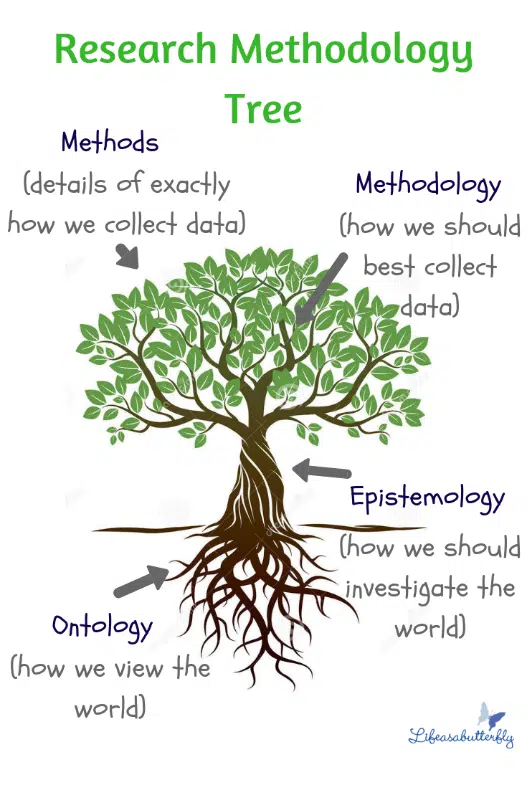After considering Ontology and determining Ontological positions, the next phase is to understand Epistemology and choose an epistemological position. Ontology concerns the study of the being or nature of the entity to be studied, while Epistemology concerns how to study the entity or what one should regard as knowledge in a discipline. Should a researcher use scientific approach to study social and natural sciences?

Epistemological Positions
In the context of epistemology, the main concern is whether an entity should be studied using a scientific approach in natural sciences or adopting a different approach. In the context of Objectivism, when there is only one universal reality independent from the views, perceptions, and actions of social actors, using the scientific approach makes sense. This epistemological position is termed PositivismIn the context of Constructivism, social actors affect reality through their interactions, experiences, perceptions, and actions. Will a scientific approach applied in natural sciences still work? It makes the ground for another Epistemological position, called Interpretivism.
| Ontological Position | Epistemological Position | Research Strategy |
| Objectivism: Reality is universal, external to social actors, inert reality, not affected by the perceptions and actions of social actors | Positivism: Scientific approach should be adopted to study entities, similar to approach used in natural sciences | Quantitative Research:Quantitative data is used to study entities and making relevant interpretations |
| Constructivism: Reality is affected by the views, perceptions, and actions of social actors | Interpretivism: Non-scientific approach is used to study different interpretations of social actors | Qualitative Research:Qualitative data is used to study the views and perceptions of social actors |
Types of Quantitative Research
There are four types of studies in Quantitative Research.
- Descriptive research
- Correlational research
- Quasi-Experimental research or Causal research
- Experimental research.
These studies are based on the epistemological position of Positivism. Positivism uses quantitative data to understand relationship between variables, or studying cause-and-effect relationship, or performing pure experimental research as used in natural sciences.
Interpretivism is based on the hermeneutics which is a term derived from theology. It refers to the study of human interpretations using different theories and methods. It provides justification of human interpretations using relevant theories and concepts. Interpretivism is the foundation of qualitative research. Many types of studies such as Phenomenology and Ethnographic research are performed in Interpretivism.




